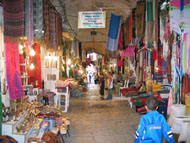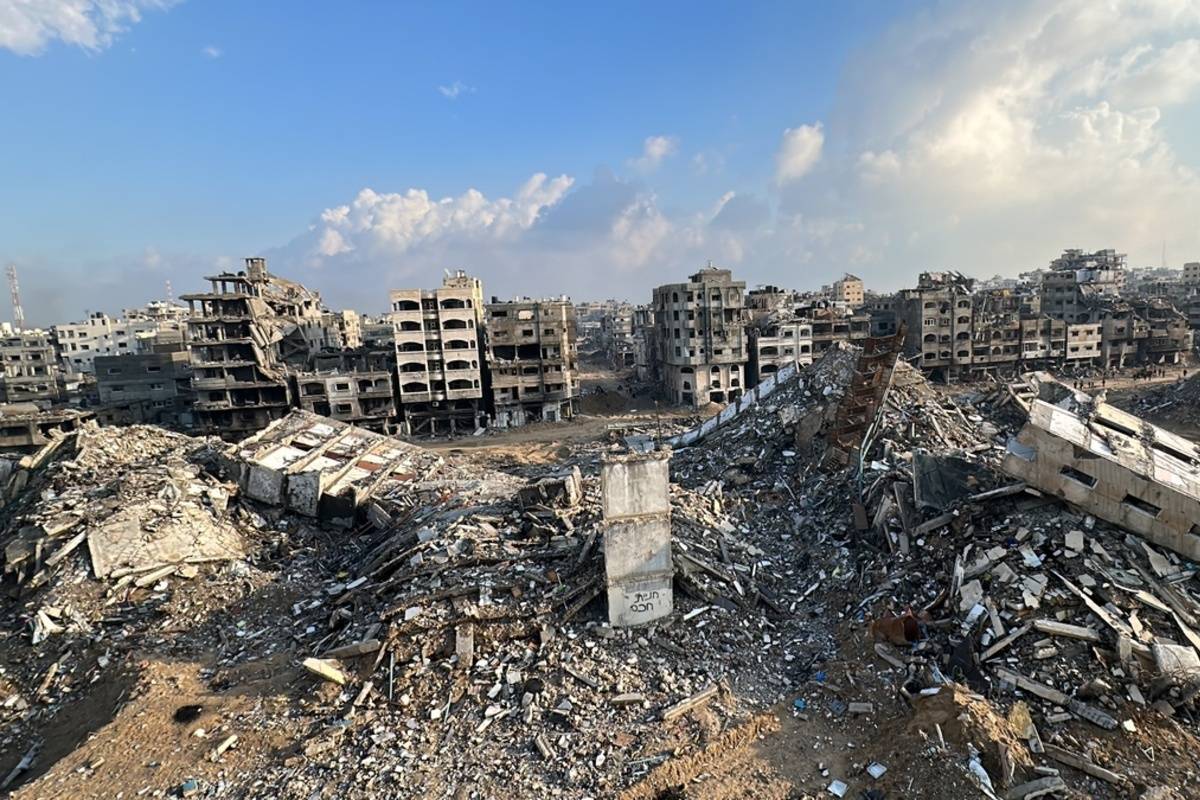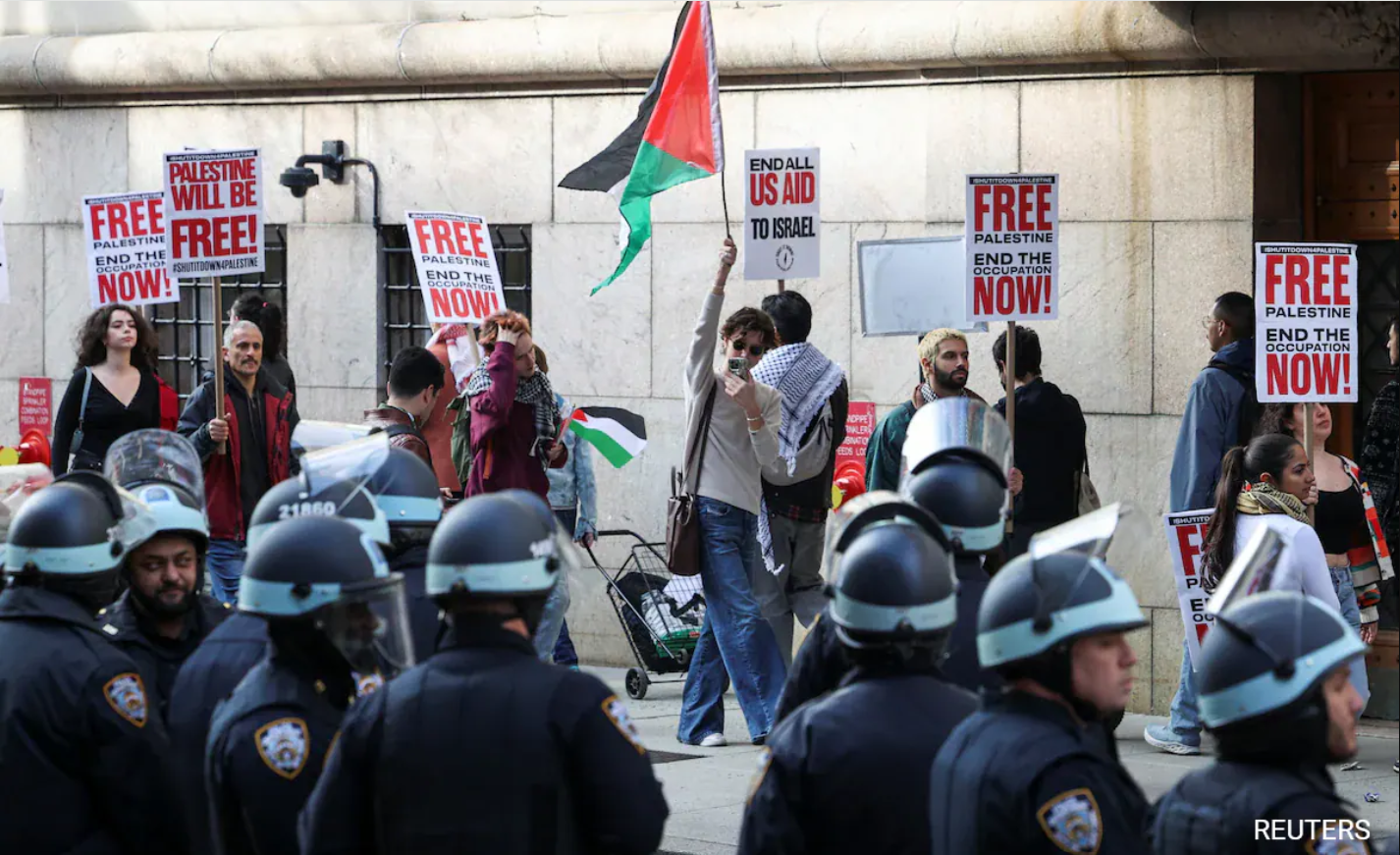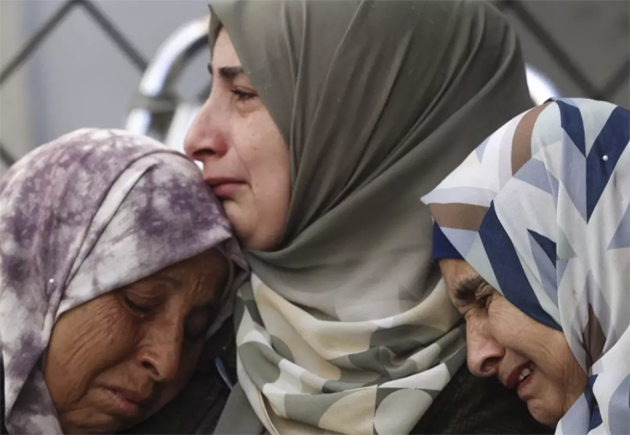Late Friday night, July 11, shocking news broke the silence of the Old City of Jerusalem. Two Israeli police officers were shot and seriously injured near Lions Gate. All the gates were blocked for the next few hours and people outside the wall were thrown into a frenzy, not knowing what had happened inside. The incident was completely out of the ordinary because even if the world outside of the wall is in chaos, the Old City has always kept its serene atmosphere and has always provided a meditative and somewhat relaxing escape for visitors.
Whenever I walk the path on which I have left my footprints so many times, I immediately relax because my memories of the Old City always fit the scene before me: beige square rocks, long narrow paths, men playing cards or backgammon as they smoke water pipes, big red and blue-hued materials and colorful dresses and Bedouin crafts and jewelry. It is nothing has changed in hundreds of years and that is what makes the Old City so spiritual and comforting. This unique history since the 16th century can be credited to the different people who have lived here for generations.
An Armenian photograph shop owner Mr. Kevork on Al-Khanka Street in the Christian Quarter moved his shop to where it is now in 1948 when the Arab-Israeli War started. He has a wide collection of portraits and views of Palestine which were taken by his father and other photographers. His father started the business as a studio for portraits in 1913 on Jaffa Street which is now in west Jerusalem and he used to help his father as a young boy. In 1987, when he was cleaning the attic, he found 300 to 400 films of photographs that his father had taken as a hobby. After dating and categorizing them in 1990, Mr. Kevork and his father opened the first photo exhibition at the American Colony Hotel. The exhibition was widely received by visitors, and ever since, they have sold these photographs in their Old City studio. “All the photos in my store which were taken from 1924 and up are my father’s work, and others are photos of old times which could go back as far as the 1850s.” he told me proudly. He said that his photos are most appreciated by the foreigners who work in Jerusalem and elsewhere in the country.
An Assyrian merchant, Elie has three stores that sell Hebron ceramics, stamps and coins. Even though it is rare to see products priced in the Old City nowadays, he insists on putting prices on every piece. “I tell my customers to return the next day if they ask for a product with no price on it so I can find out the actual price.” He emphasizes that clearly priced products is the most important factor in selling to tourists. His prices are very reasonable and start from NIS 5 and up. He says his main goal is to sell these signature products of Palestine to as many people as possible.
His family, who were potters and originally came from Turkey around 1700, took their business globally. They first started by selling pots and handmade silk and distributing them in Aleppo, Damascus, Lebanon, and (west) Jerusalem with the main branch in Amman established in 1936. In 1955, they changed their products, mainly selling men’s shoes from England and Italy in those locations. Their business was successful, but in 1948, they had to shift the (west) Jerusalem branch to the current location because of the Israeli-Arab War. Finally, they had to close all their shops except the current three shops in the Old City in 1973 because the borders to neighboring countries became less accessible. When I asked Eli why he chose this store to focus on rather than the one in Amman since their main branch was already there, he said, “Because I was born in the Old City and love this place, I couldn’t imagine living anywhere else.” He took over the business from his father in 1964 but says the Old City has always been the same, with the different ethnic groups coexisting and much less political violence than in other areas of Palestine. However, since the dependency on tourism is so high among the merchants in the Old City, the unstable political condition has affected all business owners here. During the years of the Intifada, there were many Israeli-imposed curfews which dictated that they open their stores for only a few hours a day. During those hours, the foreigners who worked for the United Nations, NGOs, or embassies were the only customers, making it very difficult to sustain their businesses.
It seems that surviving outside the wall of the Old City is even harder. A Palestinian jewelry designer shop owner, Samir has been in the business for over 45 years in the Old City. In the first 25 years, he had a store in the same neighborhood as today near the New Gate, but his business later expanded to include souvenirs and jewelry and he moved to a bigger location in the Jerusalem Central Bus Station in west Jerusalem. His business was successful until 2000, but when the Intifada broke out and tourism declined, he couldn’t afford to keep the store open. He re-opened a store in the Old City and returned to exclusively selling jewelry. Samir feels much more comfortable being in the Old City where he was born and grew up in. He believes that the comfort comes from the familiarity of the environment and people surrounding him. “Everyone helps each other here,” he said as he bent a wire for an earring. “We all grew up together here and have known each other all our lives. There are strong connections between us.”
Perhaps this “connection” and the people’s closeness is what make the Old City so alive. It perhaps is rooted in people’s will to survive and sustain since 1541 when the walls of the city were first built. The spirituality of this holy place is felt, not only by religious followers but all those who enjoy and appreciate history and deep-rooted cultures. The different peoples of the Holy Land are what give this place such a unique and spiritual color.










